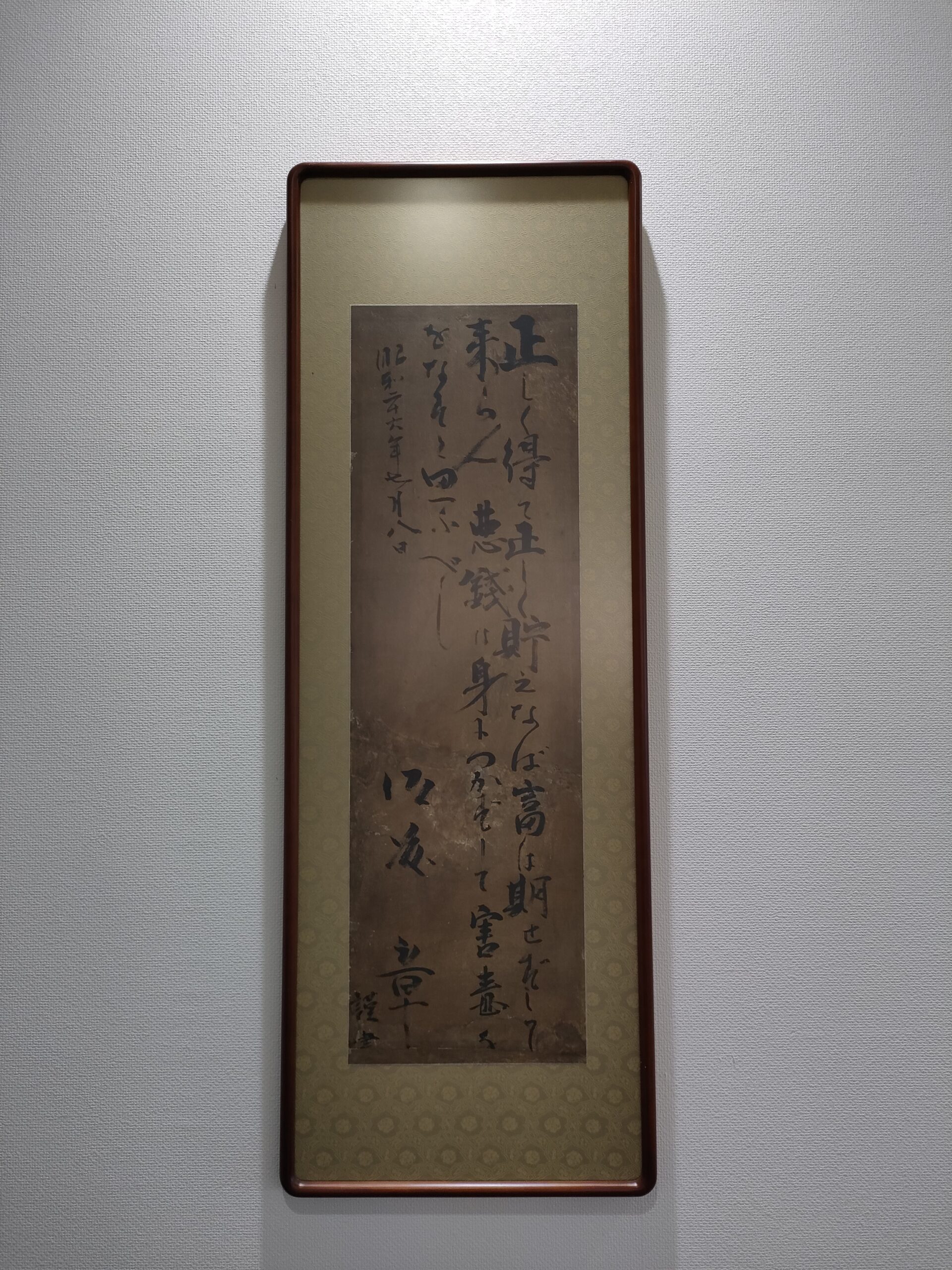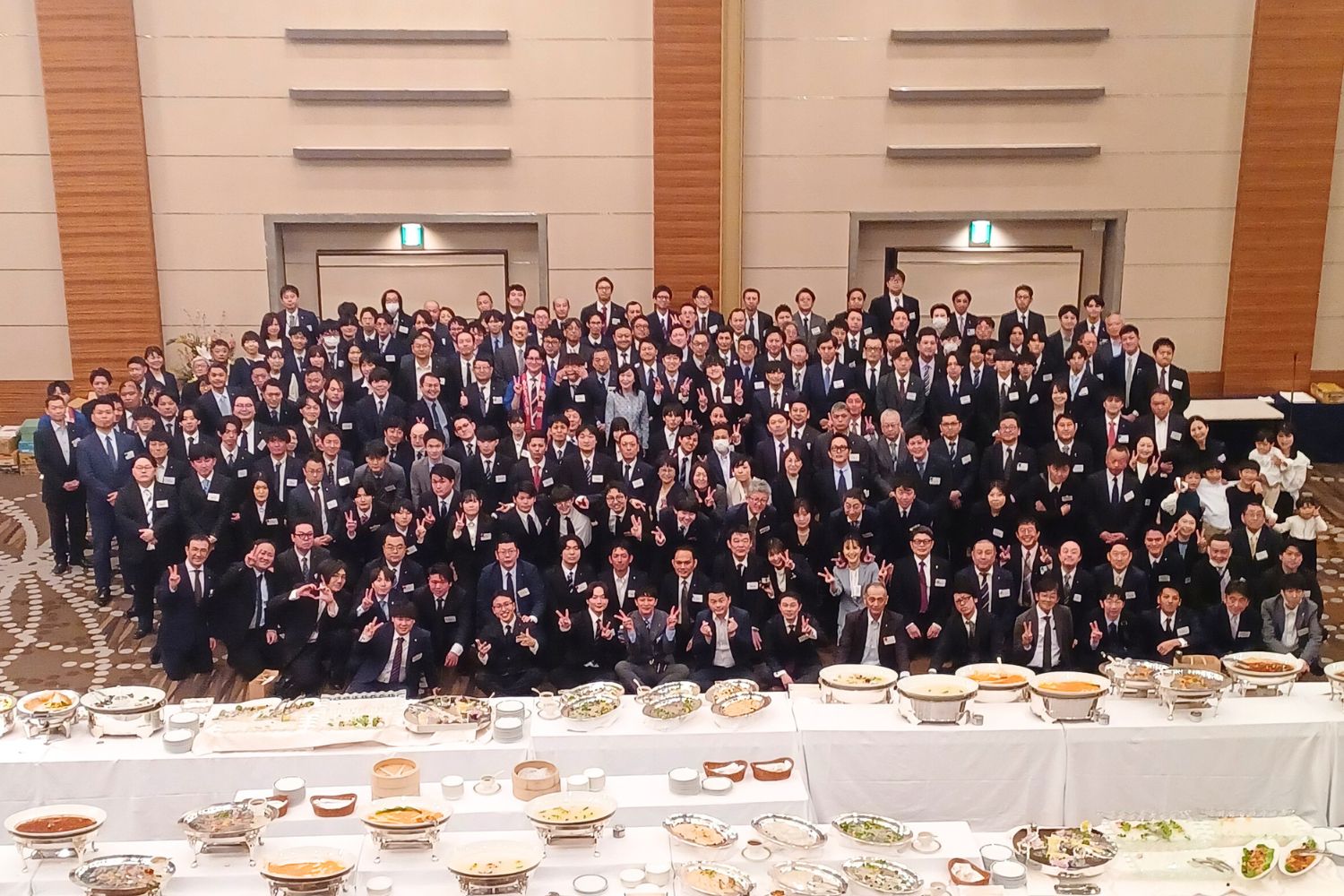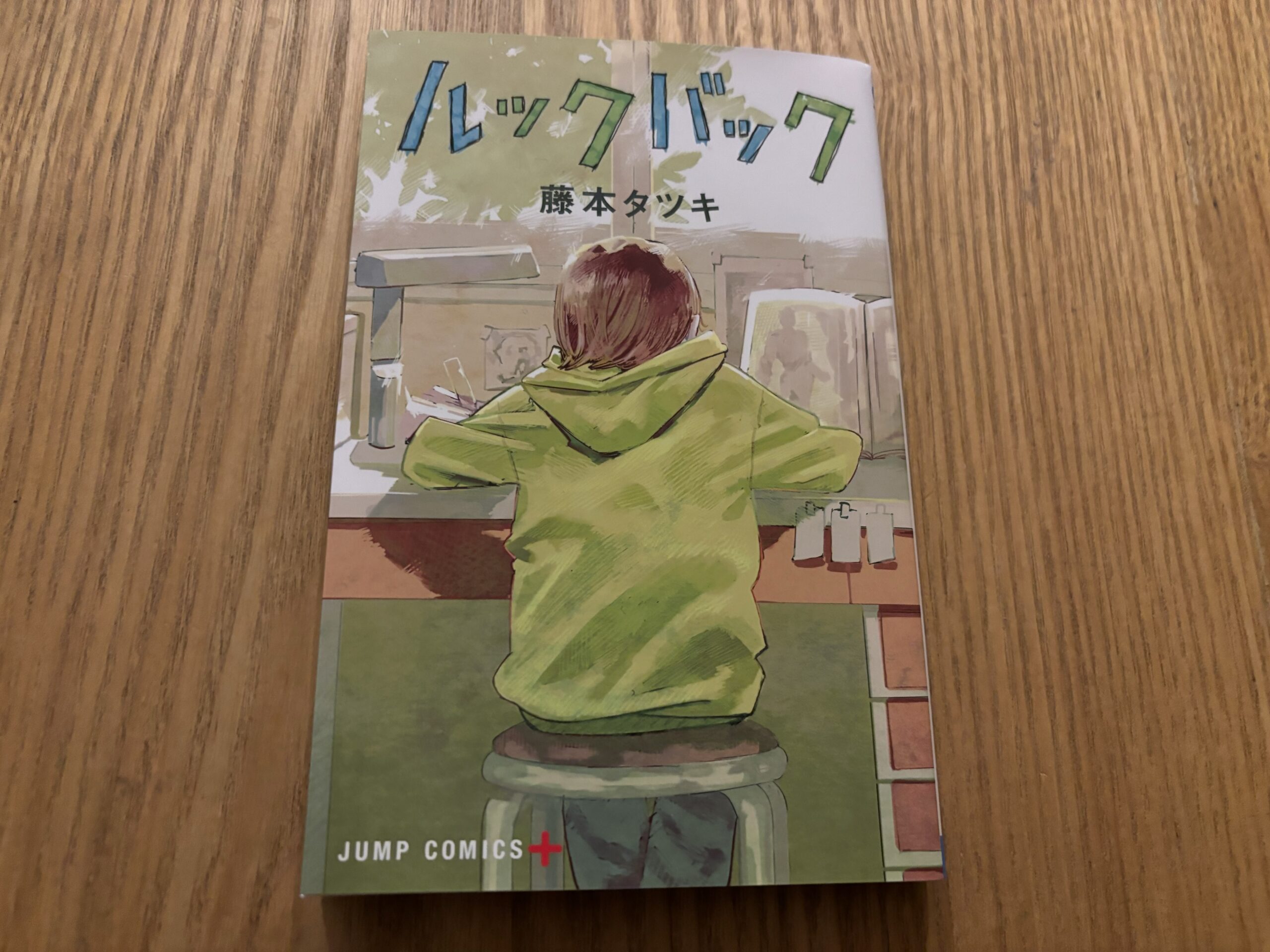What We Want To Protect
2024.12.03

For the memorable first content of my blog, I’d like to introduce a book.
I struggled quite a bit deciding which book to introduce, haha.
After all, it’s the very first post. I love books.
Reading allows you to travel while staying in place.
It also lets you converse with the author.
It gives you perspectives you don’t have.
I take books with me wherever I go.
I can’t possibly feel at ease without one, and if I forget to bring one, I love books so much that I want to stop by a bookstore and buy a new one.
That’s enough about my love for books; let’s get to the main topic. For this memorable first book, I’ll introduce a picture book.
It’s called “The Bookbinder.”
I bought it for my child, but I ended up becoming completely fascinated with it,
and I’ve taken the liberty of placing it at the very front of my child’s bookshelf where it’s visible.
In France, there is a profession called “relieur.”
“Relieur” means “bookbinding” in French.
Craftsmen called “artisans” repair broken books by hand.
Not only do they repair them, but they also value the memories of those who used the books,
and with skilled handwork, using thread and needle, they complete books that are unique in the world.
Using leather and applying special decorations, they create covers that the owner will continue to cherish,
breathing new life into the book.
The story begins when a young girl named Sophie’s important encyclopedia, which was bought for her, breaks,
and she sets out to find a bookbinder, who has now become one of only a few left.
The story follows Sophie and the bookbinder gentleman she finally finds as they work together,
and the broken encyclopedia is beautifully restored.
The ending of the story is very good, so I’d really like you to pick it up.
When we hear about economic activity, we can’t help but think of mass production and mass consumption.
However, I don’t particularly like the value system that suggests you can just buy something new when something breaks.
I feel that living with such values makes it difficult to cherish things.
Naturally, we buy things with money and live our lives.
And things will inevitably break someday, and food and drinks will disappear once consumed.
But there are things that don’t disappear. Those are memories.
With physical objects, when you acquire them, you go somewhere with them and have various experiences.
If we frequently use things quickly and throw them away when they’re no longer good, it feels like we’re throwing away important memories too.
That’s why I use things carefully and for a long time. I want to treat objects as if they were human beings.
I think the same applies to companies. It’s very easy to discard long-cherished thoughts and philosophies just because times have changed.
However, I believe we are able to work like this today because our predecessors cultivated and carefully nurtured these values.
No matter what era we live in, I want to continue to cherish the thoughts and philosophies that we have valued until now.
And like the bookbinder gentleman, while protecting what needs to be protected, we want to create new originality
and continue to grow.
Whenever I look at “The Bookbinder,” it always puts me in such a mood.
I want to pass on the baton in that way and ensure the company’s perpetuity.
We will continue to be grateful for everyone’s trust and do our utmost.
We ask for your continued guidance and encouragement.
Kanesa Fujiwaraya
Masamune Sato




